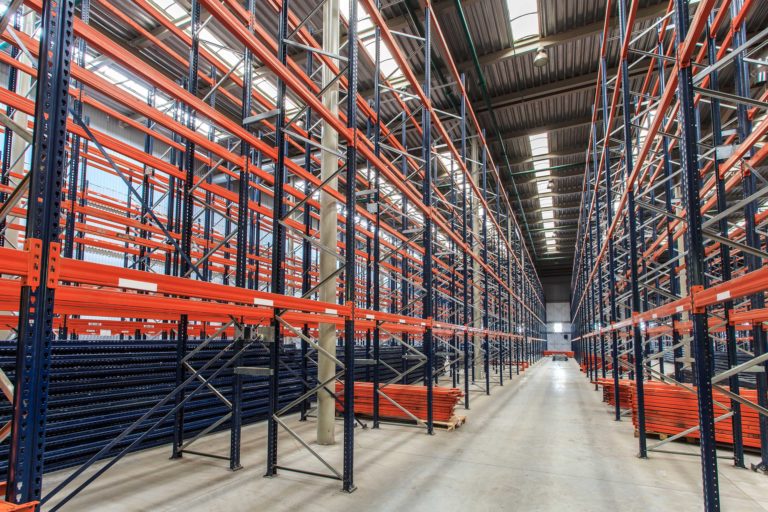The global COVID-19 pandemic
-EY survey of more than 2,000 CEOs globally reveals confidence has returned, but strategic choices will determine future success
– 54% of respondents plan to prioritize investment in existing business
– 59% will pursue transactions, even after a record-breaking year
– Focus on sustainability vs. quarterly earnings creates tension with investors
As the world enters a new phase in the global COVID-19 pandemic, the majority of CEOs are ready to accelerate plans for investment and mergers and acquisitions (M&A) in their pursuit for growth.
These findings come from the inaugural EY 2022 CEO Outlook Survey, which recorded the views of more than 2,000 CEOs across the globe on their prospects, challenges and opportunities.
More than half of respondents (54%) will prioritize investment in existing businesses, digital transformation and sustainability, according to the survey.
In addition, more than three-quarters (79%) of respondents have adjusted, or are planning to adjust, their supply chain to help reduce costs and minimize risks to prepare for future disruption.
Following a record year that saw US$5t worth of M&A, transactions will remain a critical tool for CEOs in 2022 complementing other areas of investment.
Nearly two-thirds (59%) of respondents expect their companies to pursue acquisitions in the next 12 months – up from 48% at the start of 2021.
CEO investment plans, however, could be thrown off course due to external risks to their business.
A majority of the surveyed CEOs (87%) appear worried about rising input prices and identify trade tensions (18%), the impact of climate change (17%) and increasing competition from challengers (13%) as the most critical risks to the future growth of their businesses.
Andrea Guerzoni, EY Global Vice-Chair – Strategy and Transactions, says: “CEOs are ready to be on the front foot when it comes to investment.
At the same time the impact of the fragile global environment and the increasing cost of doing business across the board, from rising inflation to rocketing energy costs, is keeping them up at night.
“Deals will remain a key lever in CEOs’ investment toolkit.
Coming off a record-breaking run for M&A, many CEOs will be focusing on integrating assets acquired over the past 12 months, but CEO acquisitive intentions should ensure continued deal activity at high levels in 2022.”
What’s the outlook for M&A in 2022?
In the next 12 months, CEOs will be prioritizing deals that will improve operational capabilities (26%), and their environmental, social and governance (ESG) positioning and sustainability footprint (20%), according to the survey.
The US, the UK, China, India and Germany are the most favored destinations for those CEOs looking to pursue an acquisition in 2022.
Looking at sectors, technology, health care and advanced manufacturing are the top three sectors more likely to buy assets.
Asked to identify the top trends in the M&A market in 2022, responding CEOs said that they expect an increase in hostile.
And competitive bidding (72%), private equity to be a major acquirer (70%), an increase in cross-sector (68%) and cross-border (65%) dealmaking, as well as more megadeals (56%).
ESG and sustainability concerns are becoming more important for dealmakers, according to the survey.
An overwhelming 99% of responding CEOs say they factor these issues into their buying strategies, while 6% of respondents say they have walked away from deals in the past year, due to ESG related concerns about the target.
Guerzoni, says: “CEOs see M&A as a critical accelerant for long-term growth strategies.
As ESG and sustainability concerns are becoming critically important, the market in 2022 is also expected to be fueled by M&A aimed at helping CEOs realize their sustainability strategy goals faster.”
Cost of focus on sustainability creates CEO tension with some investors
In a further sign that the pivot toward sustainable transformation among CEOs is becoming a permanent shift in the post-COP26 world, while revenue growth remains a key driver, over three-quarters of respondents (82%) identified ESG factors as extremely important or important, when it comes to strategic decision-making.
In addition, 28% of respondents can clearly see the competitive advantage of becoming a leader in sustainability.
At the same time, however, 65% of respondents admit that they have encountered resistance from investors and shareholders about their sustainability transition strategy.
And almost a quarter (21%) say that investors are not showing support for long-term investment plans, or that they are fixated on quarterly earnings.
Guerzoni, says: “CEOs are ready to set their organizations on a course that should deliver sustained benefits for shareholders and society.
What stands out is the need for alignment between CEO thinking and that of investors, when it comes to prioritizing sustainability.
Resistance from investors and shareholders because of high costs and doubts over long-term returns, can derail CEO plans and land their organizations on the wrong side of history.”

